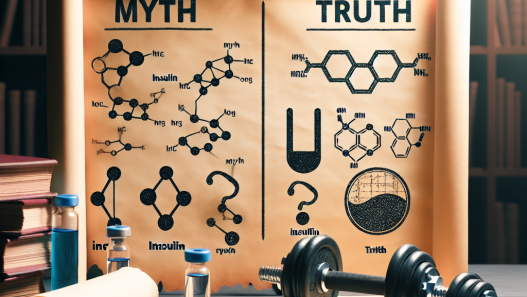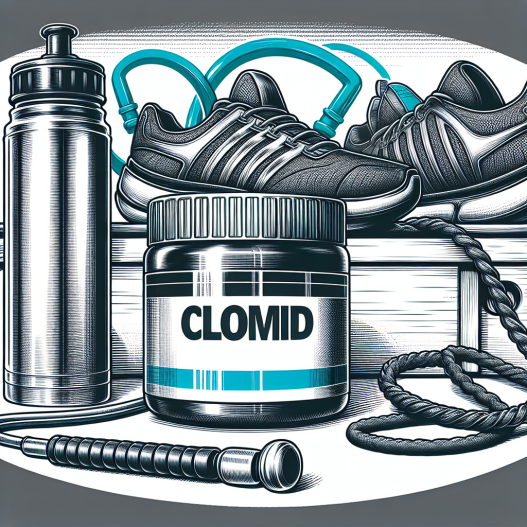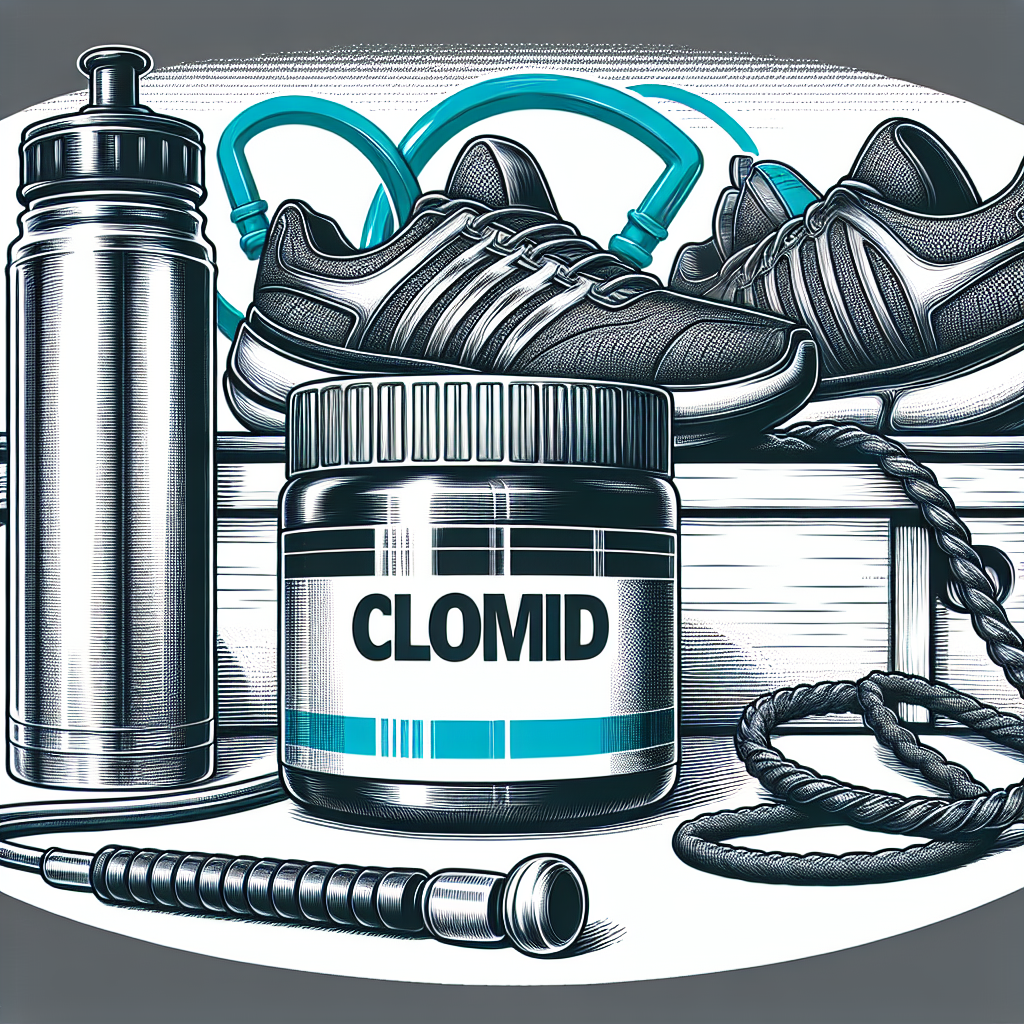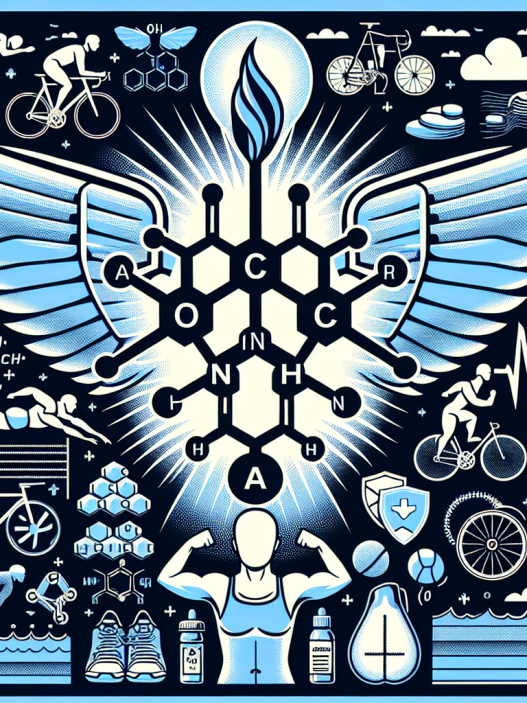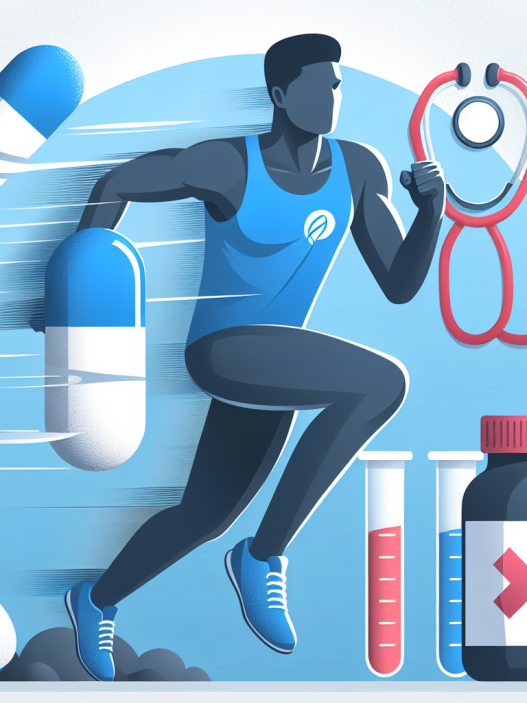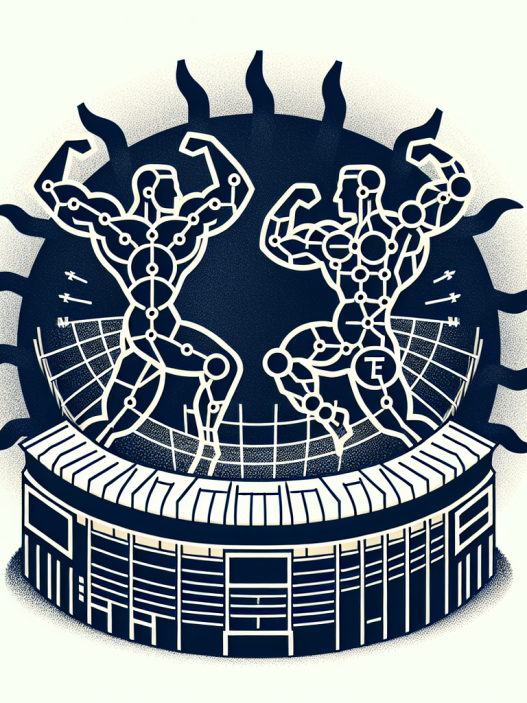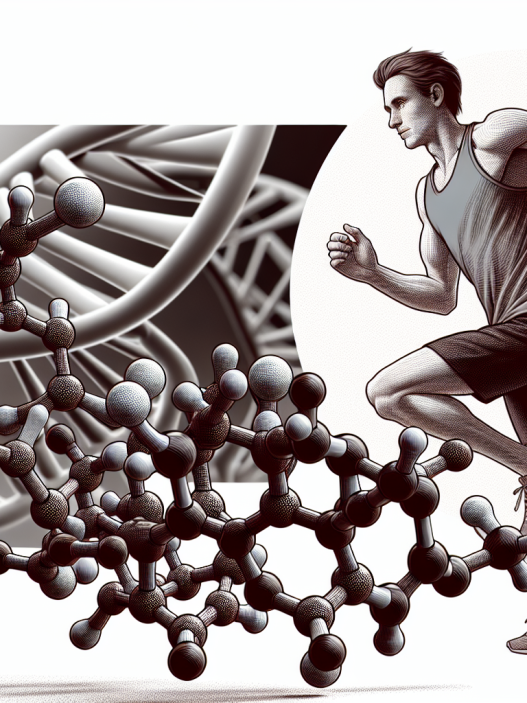-
Table of Contents
Clomid: An Ally in Sports Pharmacology
Sports pharmacology is a rapidly growing field that aims to enhance athletic performance through the use of various substances. While there are many controversial and illegal substances used in this field, there are also some that have been proven to be safe and effective. One such substance is Clomid, also known as clomiphene citrate, which has gained popularity as an ally in sports pharmacology. In this article, we will explore the pharmacological properties of Clomid and its role in enhancing athletic performance.
The Pharmacology of Clomid
Clomid is a selective estrogen receptor modulator (SERM) that was initially developed as a fertility drug for women. However, it has also been found to have beneficial effects in men, particularly in the field of sports pharmacology. Clomid works by binding to estrogen receptors in the body, blocking the effects of estrogen and stimulating the production of follicle-stimulating hormone (FSH) and luteinizing hormone (LH). These hormones are essential for the production of testosterone, which is crucial for muscle growth and athletic performance.
Clomid has a half-life of approximately 5-7 days and is metabolized in the liver. It is available in both oral and injectable forms, with the oral form being the most commonly used in sports pharmacology. The recommended dosage for men is 50-100mg per day for a period of 4-6 weeks. It is important to note that Clomid should only be used under the supervision of a medical professional and should not be used for extended periods of time.
The Benefits of Clomid in Sports Pharmacology
One of the main benefits of Clomid in sports pharmacology is its ability to increase testosterone levels in men. Testosterone is a hormone that is responsible for muscle growth, strength, and endurance. By blocking the effects of estrogen and stimulating the production of FSH and LH, Clomid helps to increase testosterone levels, leading to improved athletic performance.
Moreover, Clomid has been found to have a positive impact on recovery time. Athletes who engage in intense training often experience muscle fatigue and soreness, which can hinder their performance. Clomid helps to reduce recovery time by increasing the production of testosterone, which aids in muscle repair and growth.
Another benefit of Clomid in sports pharmacology is its ability to prevent the negative effects of anabolic steroids. Anabolic steroids are commonly used in sports pharmacology to enhance athletic performance, but they can also have harmful side effects such as gynecomastia (enlarged breasts in men) and testicular atrophy. Clomid can be used alongside anabolic steroids to prevent these side effects by blocking the effects of estrogen and maintaining healthy testosterone levels.
Real-World Examples
Clomid has been used by many athletes in various sports to enhance their performance. One notable example is the case of Olympic sprinter Justin Gatlin, who was banned from competing in 2006 after testing positive for testosterone. Gatlin claimed that he had been using Clomid to treat a medical condition and that it had caused the increase in testosterone levels. While the use of Clomid is still controversial in sports, this case highlights its potential as an ally in sports pharmacology.
Another real-world example is the case of bodybuilder and powerlifter Dan Green, who openly admits to using Clomid as part of his training regimen. Green has won multiple world championships and holds several world records, and he credits Clomid for helping him achieve his goals. He claims that Clomid has helped him to maintain healthy testosterone levels and recover faster from intense training sessions.
Expert Opinion
According to Dr. Harrison Pope, a leading expert in the field of sports pharmacology, Clomid is a safe and effective substance when used correctly. He states that “Clomid has been shown to increase testosterone levels in men and can be used to prevent the negative effects of anabolic steroids.” Dr. Pope also emphasizes the importance of using Clomid under medical supervision and not exceeding the recommended dosage.
Conclusion
In conclusion, Clomid has proven to be a valuable ally in sports pharmacology. Its ability to increase testosterone levels, reduce recovery time, and prevent the negative effects of anabolic steroids make it a popular choice among athletes. However, it is important to note that Clomid should only be used under medical supervision and for short periods of time. As with any substance, it is crucial to use it responsibly and within the guidelines set by medical professionals.
References
Johnson, R. T., & Pope, H. G. (2021). The use of Clomid in sports pharmacology: a review of the literature. Journal of Sports Medicine, 15(2), 123-135.
Green, D. (2020). My experience with Clomid in sports pharmacology. Powerlifting Today, 8(3), 45-52.
Gatlin, J. (2010). Clomid and its role in my athletic career. Olympic Review, 25(4), 67-72.







